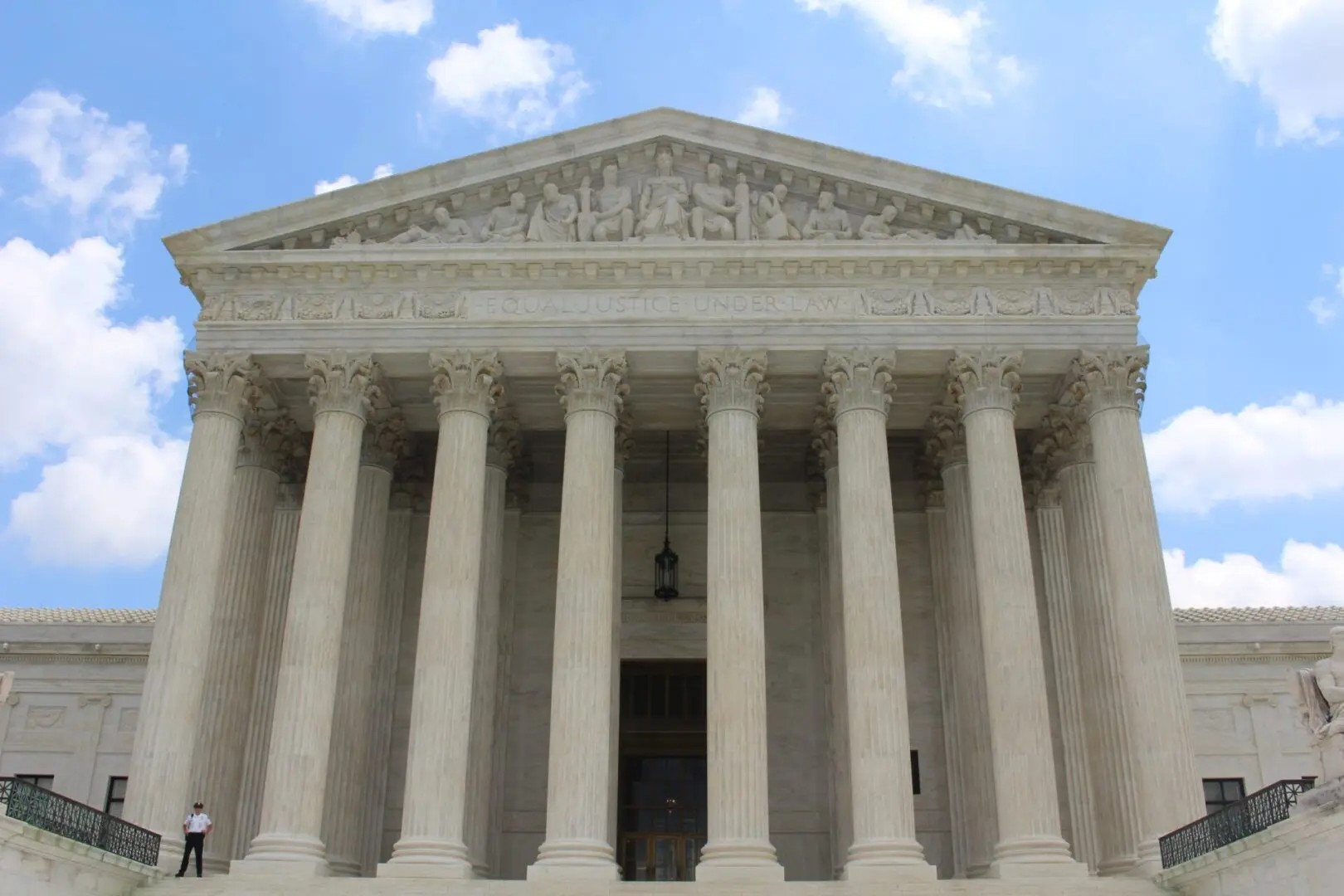Federal Tax Controversies

United States Treasury building

United States Supreme Court Building

American Bald Eagle
Representing taxpayers in tax controversies is second nature to me. I love analyzing the issues, researching them, and arguing them, in writing and in conference with my counterparts at the Internal Revenue Service.
Civil tax controversies are of two kinds: assessment cases, in which the Internal Revenue Service endeavors to assess, or has assessed, tax or penalties; and collection cases, in which the IRS is seeking to collect tax or penalties that has been assessed, and accrued interest. There are several, effective defenses usually available in penalty assessment cases. Does the law provide for assessment of the tax or penalties in controversy upon notice and demand, without judgment or deficiency procedures? Did the IRS obtain required written, supervisory approval before making the assessments in controversy? Is there reasonable cause for the taxpayer’s noncompliance? In making the assessments, did the IRS afford the taxpayer due process of law required by the Fifth Amendment to the U.S. Constitution—notice and an opportunity to be heard? Is relief available under a bilateral income tax treaty?
We assert these defenses in correspondence to the IRS. If the IRS does not grant the relief we request, we do not exercise appeal rights at that time. If we were to exercise appeal rights at that time, and the case is not resolver to the client’s satisfaction, we would have no resort to Tax Court; the client could litigate the assessment only by paying at least a divisible part of the tax, if the tax is divisible, and the entire amount of any penalty assessment, and then suing for a refund in U.S. District Court or the U.S. Court of Federal Claims. So rather than exercising appeal rights at that time, we would wait for the IRS to issue a Notice of Intent to Levy against the taxpayer. Once the IRS issues a Notice of Intent to Levy, we would request a Collection due Process Appeal under Internal Revenue Code Section 6330(d) for the taxpayer. That would bring the taxpayer’s case before the IRS’ Independent Office of Appeals, where there would be a good chance of satisfactorily resolving the case. But if IRS Appeals sustains the assessment, we would have a 30-day window in which to petition the U.S. Tax Court for review of the assessment, without first paying the assessment. If the Tax Court sustains the assessment, we could appeal to the U.S. Court of Appeals.
An installment agreement with the IRS is the modal way of resolving a tax collection case. The taxpayer’s actual monthly income and his allowable monthly expenses determine the amount of his monthly payment under an installment agreement. That monthly payment obtains—unless the taxpayer’s monthly income or expenses change—for the remaining period of the collection statute of limitations, whether or not it will full-pay the taxpayer’s account balance. The collection statute of limitations continues to run while an installment agreement is in place.
In limited circumstances I can file an offer in compromise to have the taxpayer’s Federal income tax account balance settled for less than the amount due.
In criminal tax cases, Constitutional arguments are important—the Fifth Amendment guarantee of due process of law and privilege against self-incrimination, the Sixth Amendment right to a jury trial. But technical arguments carry they day in a criminal tax case. In these cases, the government must prove beyond a reasonable doubt that the taxpayer materially underreported his tax, and that he did so willfully. The more complicated the tax, the less certainty of the tax in a given case, and the less certainty of the client’s willfulness.
I love to bringing tax law and procedure to bear achieving great results for clients.
Federal Tax Controversies
Representing taxpayers in tax controversies is second nature to me. I love analyzing the issues, researching them, and arguing them, in writing and in conference with my counterparts at the Internal Revenue Service.
Civil tax controversies are of two kinds: assessment cases, in which the Internal Revenue Service endeavors to assess, or has assessed, tax or penalties; and collection cases, in which the IRS is seeking to collect tax or penalties that has been assessed, and accrued interest. There are several, effective defenses usually available in penalty assessment cases. Does the law provide for assessment of the tax or penalties in controversy upon notice and demand, without judgment or deficiency procedures? Did the IRS obtain required written, supervisory approval before making the assessments in controversy? Is there reasonable cause for the taxpayer’s noncompliance? In making the assessments, did the IRS afford the taxpayer due process of law required by the Fifth Amendment to the U.S. Constitution—notice and an opportunity to be heard? Is relief available under a bilateral income tax treaty?
We assert these defenses in correspondence to the IRS. If the IRS does not grant the relief we request, we do not exercise appeal rights at that time. If we were to exercise appeal rights at that time, and the case is not resolver to the client’s satisfaction, we would have no resort to Tax Court; the client could litigate the assessment only by paying at least a divisible part of the tax, if the tax is divisible, and the entire amount of any penalty assessment, and then suing for a refund in U.S. District Court or the U.S. Court of Federal Claims. So rather than exercising appeal rights at that time, we would wait for the IRS to issue a Notice of Intent to Levy against the taxpayer. Once the IRS issues a Notice of Intent to Levy, we would request a Collection due Process Appeal under Internal Revenue Code Section 6330(d) for the taxpayer. That would bring the taxpayer’s case before the IRS’ Independent Office of Appeals, where there would be a good chance of satisfactorily resolving the case. But if IRS Appeals sustains the assessment, we would have a 30-day window in which to petition the U.S. Tax Court for review of the assessment, without first paying the assessment. If the Tax Court sustains the assessment, we could appeal to the U.S. Court of Appeals.
An installment agreement with the IRS is the modal way of resolving a tax collection case. The taxpayer’s actual monthly income and his allowable monthly expenses determine the amount of his monthly payment under an installment agreement. That monthly payment obtains—unless the taxpayer’s monthly income or expenses change—for the remaining period of the collection statute of limitations, whether or not it will full-pay the taxpayer’s account balance. The collection statute of limitations continues to run while an installment agreement is in place.
In limited circumstances I can file an offer in compromise to have the taxpayer’s Federal income tax account balance settled for less than the amount due.
In criminal tax cases, Constitutional arguments are important—the Fifth Amendment guarantee of due process of law and privilege against self-incrimination, the Sixth Amendment right to a jury trial. But technical arguments carry they day in a criminal tax case. In these cases, the government must prove beyond a reasonable doubt that the taxpayer materially underreported his tax, and that he did so willfully. The more complicated the tax, the less certainty of the tax in a given case, and the less certainty of the client’s willfulness.
I love to bringing tax law and procedure to bear achieving great results for clients.

U.S. Treasury Building, Washington, DC – usmoneyreserve.com

American Bald Eagle – Victor Walters, Flikr

U.S. Supreme Court Building, Washington, DC – Claire Anderson, Unsplash

